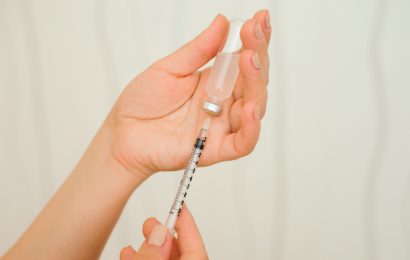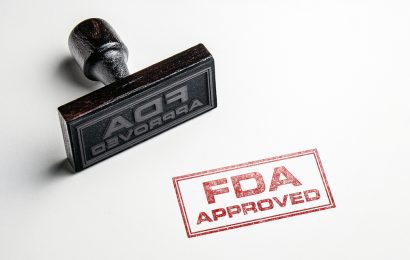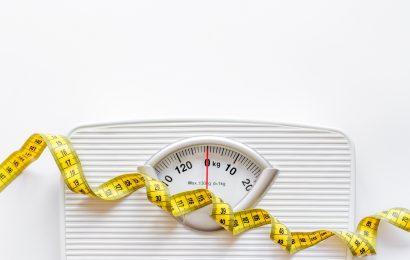Conventional wisdom has long held that fasting for 9–12 hours before a routine cholesterol test is necessary to ensure an accurate result, but new research from the University of Calgary in Alberta shows that this may not be the case. People with diabetes often have high levels of LDL (“bad”) cholesterol and triglycerides (a type of blood fat), coupled with low levels of HDL (“good”) cholesterol.
To determine the association between fasting times and lipid levels, researchers looked at 209,180 people who’d had at least one cholesterol test in a six-month period during 2011. The average age of the participants was 53, and slightly more than half were women. Average levels for total cholesterol were 183.4 mg/dl, for HDL cholesterol were 55.2 mg/dl, for LDL cholesterol were 103.3 mg/dl, and for triglycerides were 127.6 mg/dl.
Protocols at the testing laboratory had recently changed so that cholesterol levels could be measured regardless of the amount of time since fasting, so long as the fasting time was noted in the lab report.
When the researchers broke down the results based on fasting time, they found very little difference in the average cholesterol levels of people with various fasting times: Total cholesterol and HDL cholesterol, which are used to determine a person’s risk of heart-related events, varied by less than 2%. LDL cholesterol was less than 10% different in people who had recently eaten compared to those who had fasted for at least eight hours. Triglyceride levels were most affected by food, varying by up to 20% depending on whether people had eaten or fasted before the test. These findings corroborate the results from previous, smaller studies.
“Current guidelines suggest that blood samples for lipid profiles should be obtained after a 9- to 12-hour fast. This requirement is not always practical for patients, who rarely present to health-care providers in a fasting state,” noted Amit Khera, MD, and Samia Mora, MD, of Brigham and Women’s Hospital in a separate commentary. “I think we’ve just taken for granted that we should do fasting for lipid testing. [But] we’ve had several studies now that have all found the same thing,” Mora added in an interview with WebMD.
Limitations of the study include that it does not prove that cholesterol levels don’t change significantly before and after a meal in certain individuals. Additionally, the small differences in cholesterol levels noted in the study may matter for some people, including those who are taking medicines to lower their cholesterol or triglyceride levels; they may still need fasting tests. But “for routine screening, we’re suggesting that a 2% variance probably isn’t going to be significant,” according to lead study author Christopher Naugler, MD, MSc, chief of clinical pathology at the University of Calgary.
For more information, read the article “Fasting May Not Be Needed Before Cholesterol Test” or see the study’s abstract in the journal JAMA Internal Medicine. (Formerly Archives of Internal Medicine.) And to learn more about maintaining healthy cholesterol levels, read the article “Lifestyle Habits for Lipid Mangement.”




